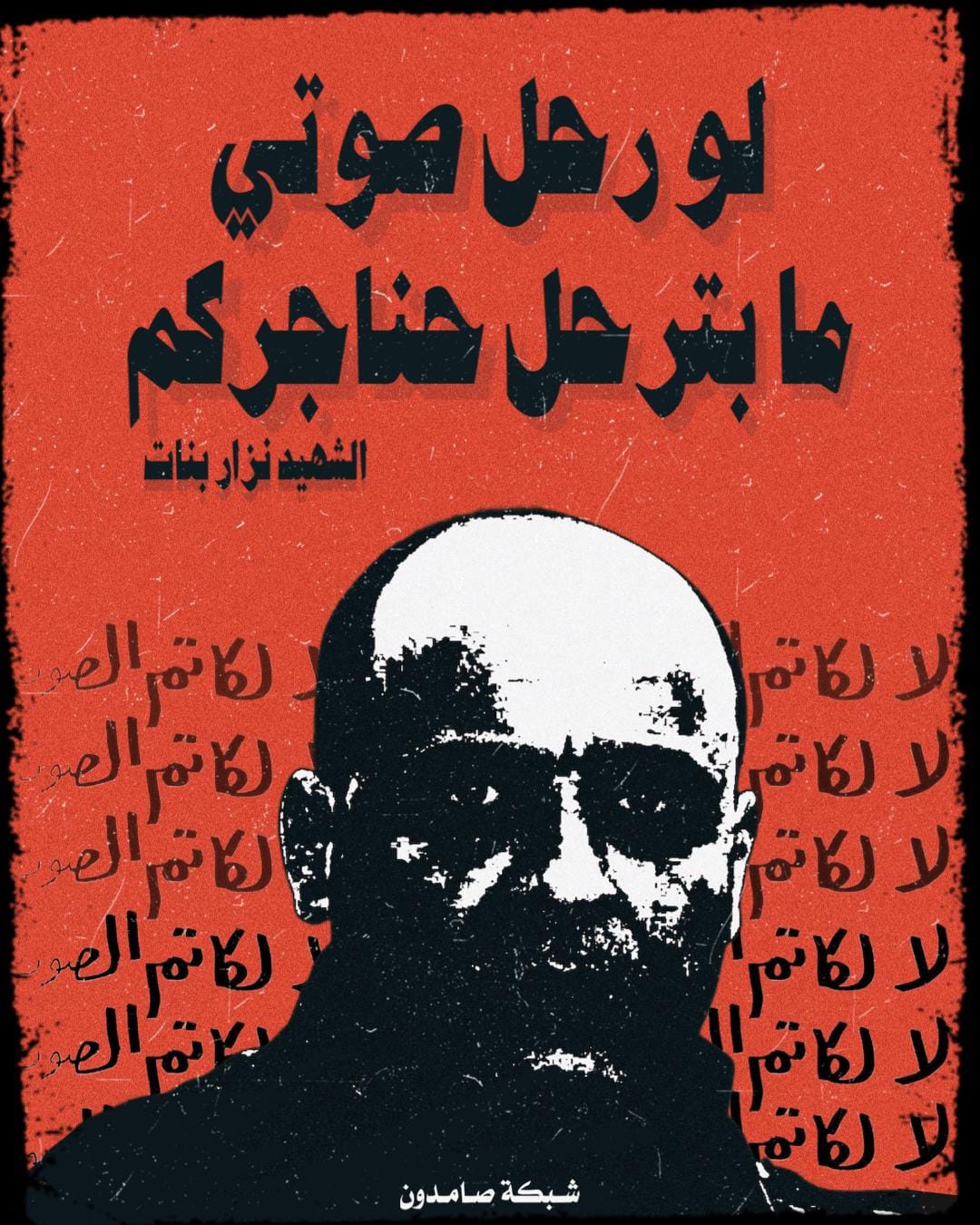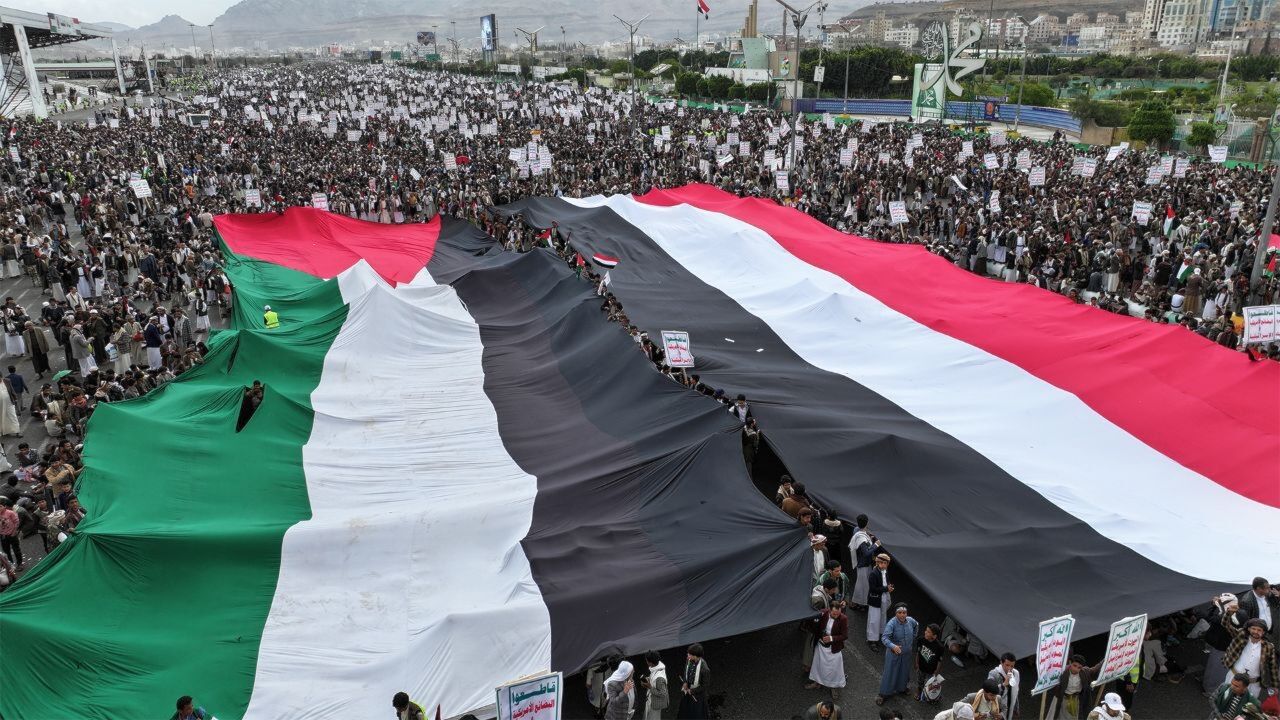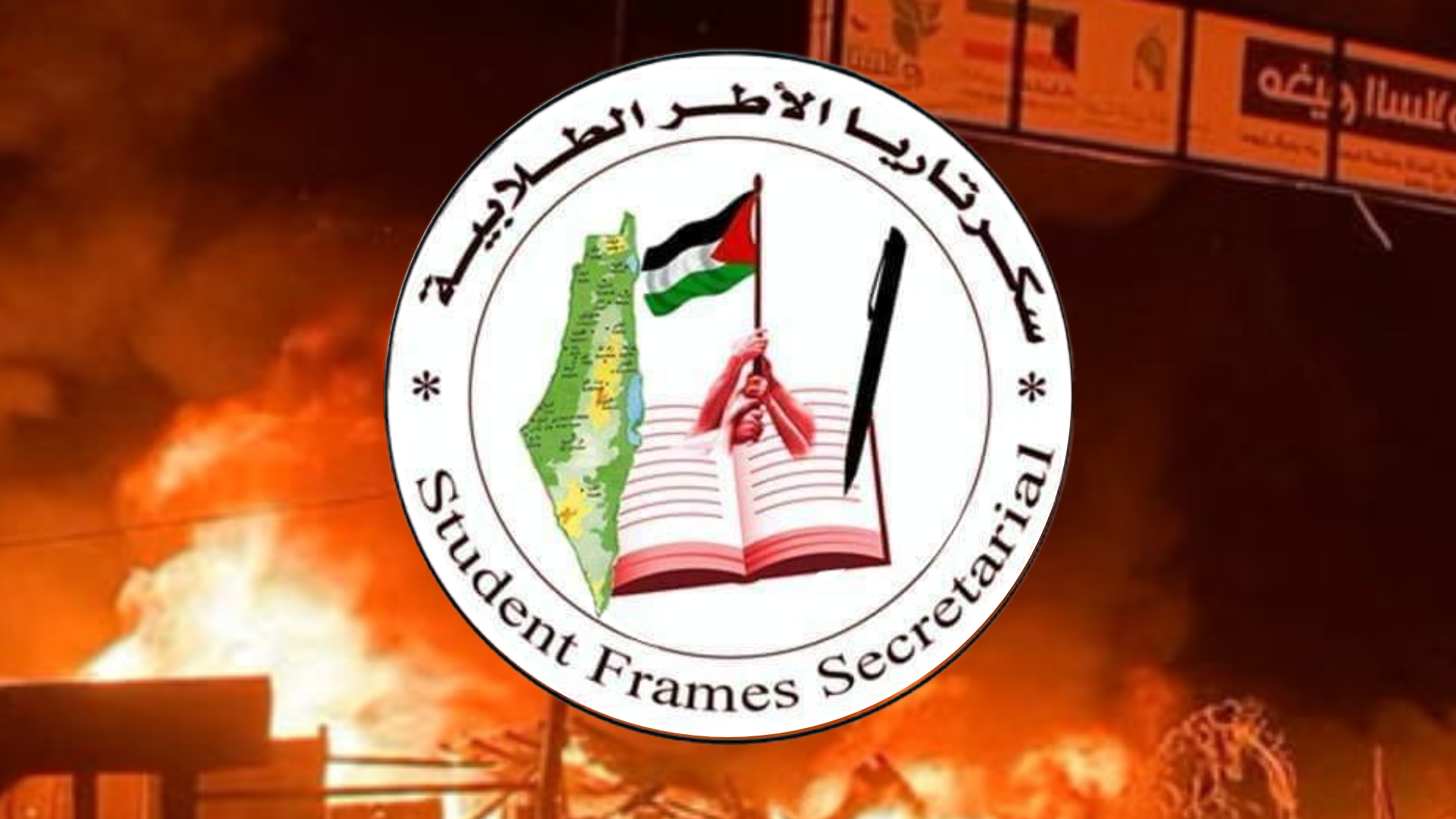Samidoun NY/NJ is set to study part 1 of the PFLP document “Strategy for the Liberation of Palestine” this Friday, July 5th. The purpose of the event is to examine the history and practice of the Popular Front for the Liberation of Palestine – which is the leftist, revolutionary arm of the Palestinian resistance. The document outlines the PFLP’s analysis of the colonization of Palestine, including an analysis of the enemies that threaten to eliminate the existence and resistance of the Palestinian people, in Palestine and abroad. The writing off of any organization that dares lift the veil of obscurity from the masses eyes as terrorists is a tired move that is played time and time again but will not shame us into admission. In the face of recent events, we urge everyone who can make it out to come and take part in the study of this foundational work.
Over the past few days, Zionists have unleashed a campaign of threats, intimidation, and harassment in response to our planned July 5th study of the PFLP’s Strategy for the Liberation of Palestine. These threats and accusations are coming from far-right-wing publications with ties to the notoriously racist organization, the ADL (Anti-Defamation League). Zionists have written articles about our planned study session, published violent threats against our members and community online, and sent dozens of emails to Mayday Space in Brooklyn, which is a community center and organizing space and a long-time partner and supporter of Samidoun. Their intentions are clear: to attempt to scare us into canceling our study session and deter us from organizing more educational sessions in the future. They have attempted to manufacture public opinion against Samidoun and falsely paint us as an arm of the PFLP, to mobilize violent Zionist provocateurs against our event, and to defame Mayday Space and intimidate them into ending their relationship with Samidoun. Unfortunately for them, it is too late. Over the past 10 months, the Palestinian resistance has proved to the world that the Palestinian people will not be defeated, and the Palestinian people and their supporters in the international community have shown that they will not stop fighting for liberation. The masses of people from New York to Palestine are on our side – and we are well on our way to liberation.
We are here to say that we will not be intimidated, we stand firmly on the side of the heroic Palestinian resistance forces. We are not going anywhere. Like all Zionist lies, these types of accusations will be remembered for what they are – a desperate attempt to crush any resistance against the murderous colonial regime – whether it is physical resistance or, in our case, ideological resistance.
Samidoun Network’s purpose is to campaign for the release of Palestinian political prisoners. Our primary tool is political education. Our work involves hosting teach-ins and study sessions in the New York/New Jersey area, to mobilize the Palestinian, Arab, and working masses in support of Palestinian prisoners, resistance, and liberation. As the Black Panther leader, Fred Hampton, famously said, “The first duty of a revolutionary is to learn.” Revolutionary learning has been our primary purpose as organizers, and we would not be able to carry out our work without the support of community partners like Mayday Space who provide us with the space and resources to share our message with the people of New York City. The Zionists are trying to punish Mayday Space for offering this critical support by harassing, intimidating, and mischaracterizing them.
We are asking all supporters of Samidoun and of the greater Palestinian liberation movement and prisoners movement to help us as we show our enemies that we will not stop organizing and studying Palestinian revolutionary theory and history and we will not fold in the face of threats and intimidation. Follow Samidoun NY/NJ on Telegram and twitter, follow @MaydaySpace on Instagram, and show up at Mayday Space tomorrow at 7pm, bring your friends and comrades.

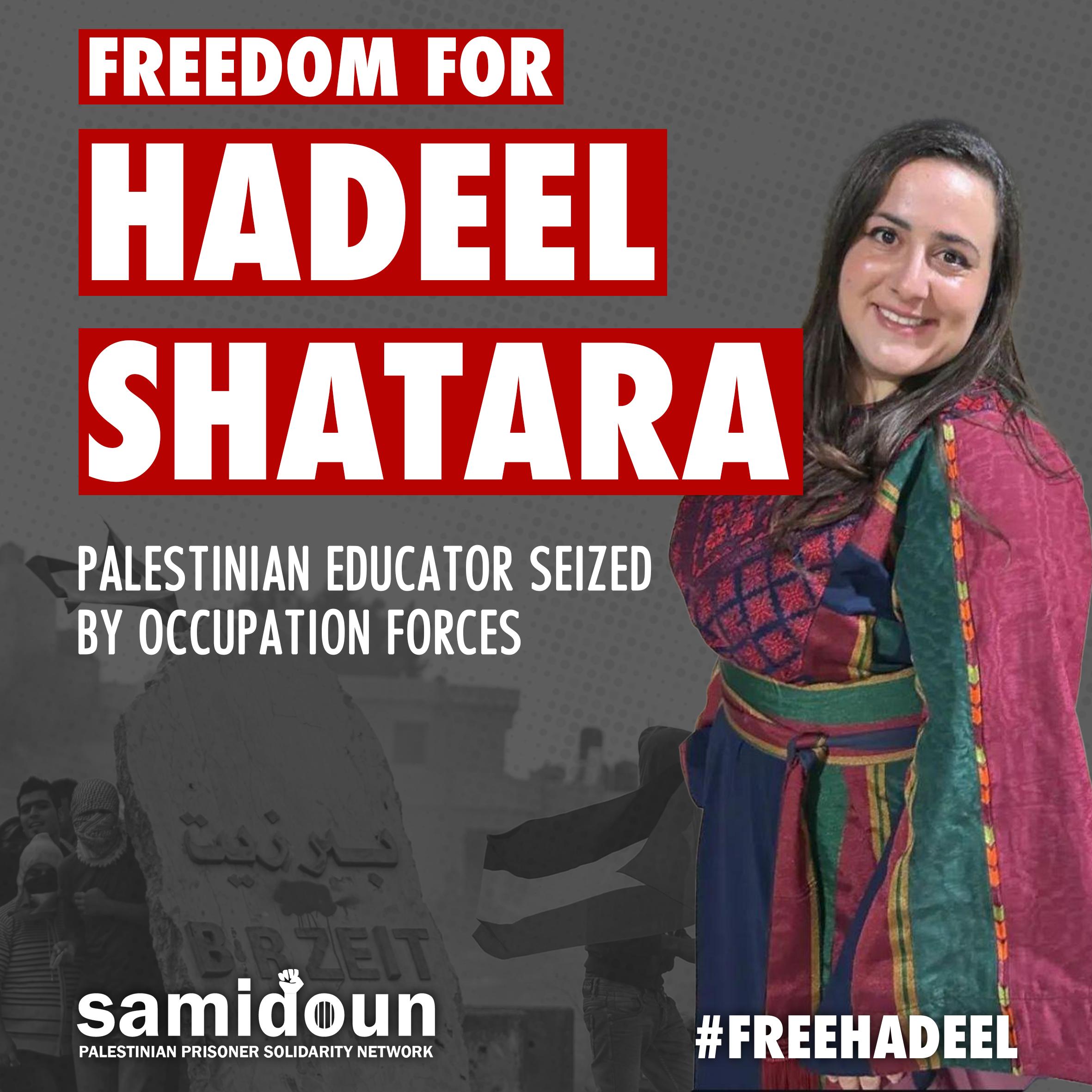
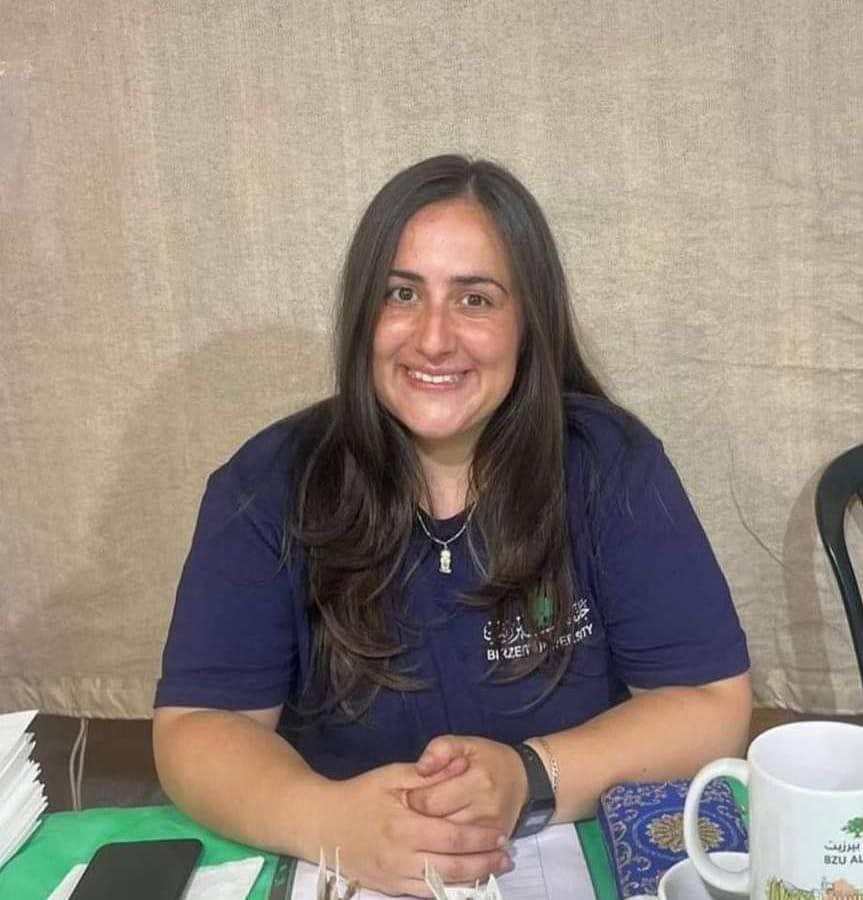
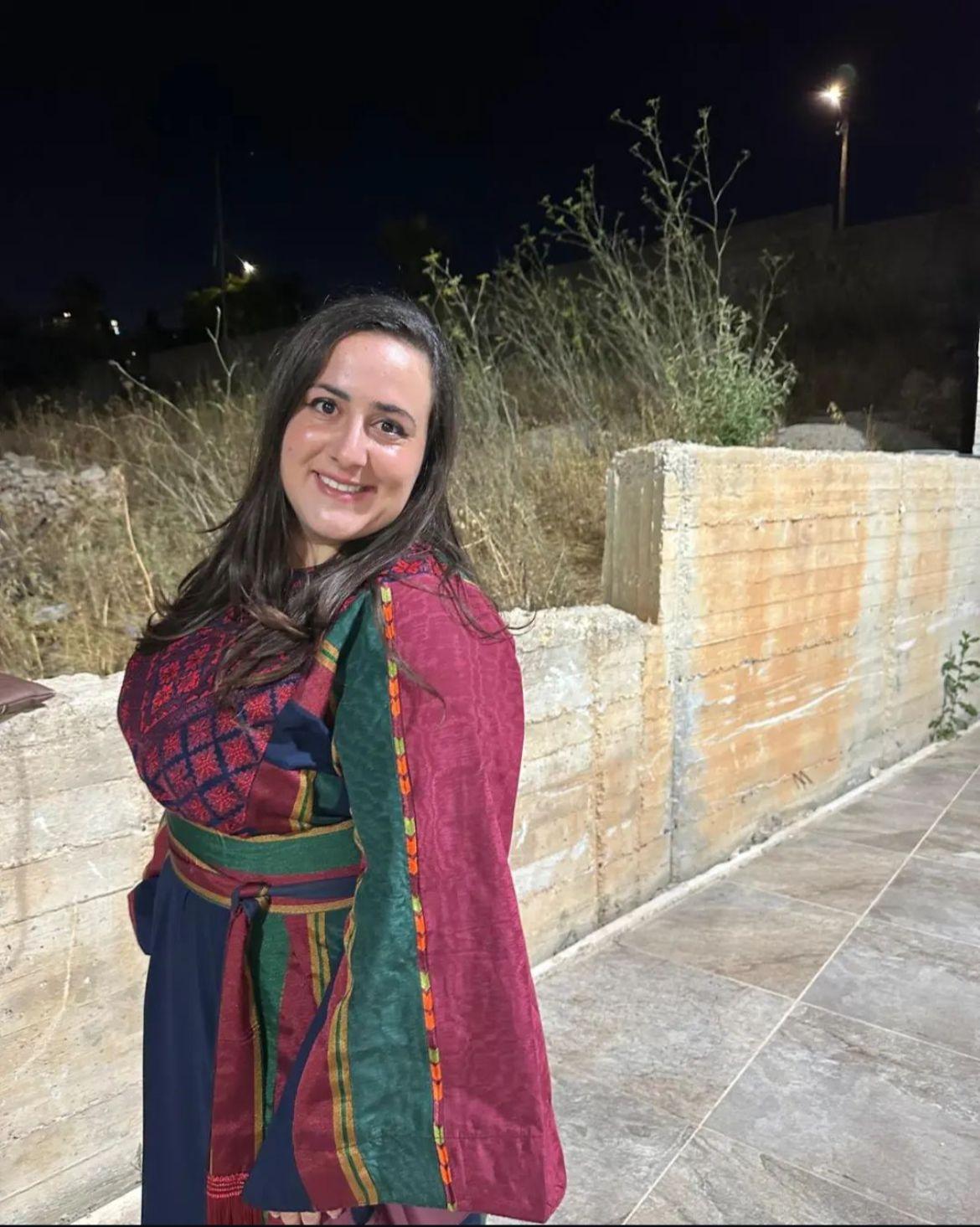
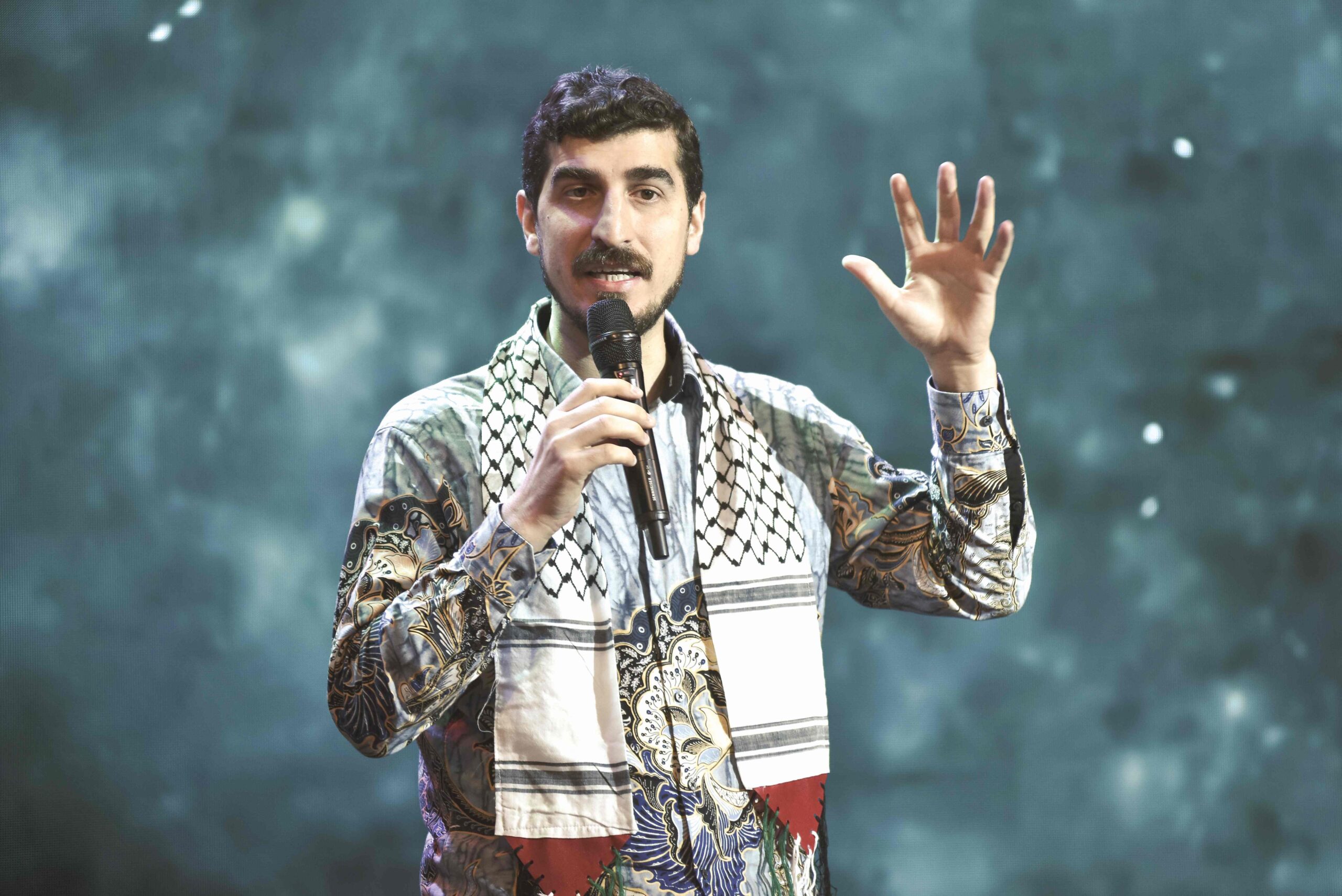
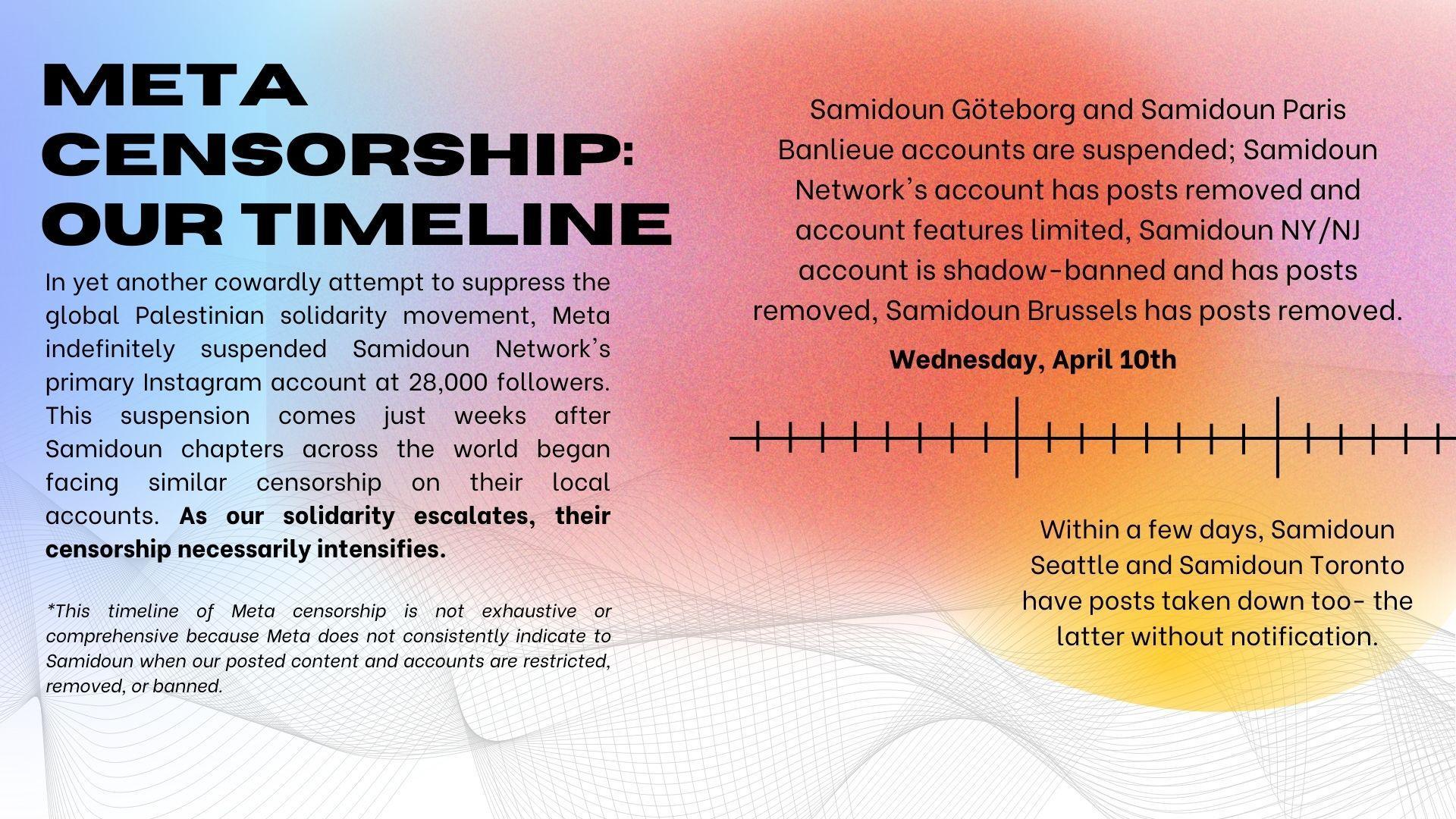
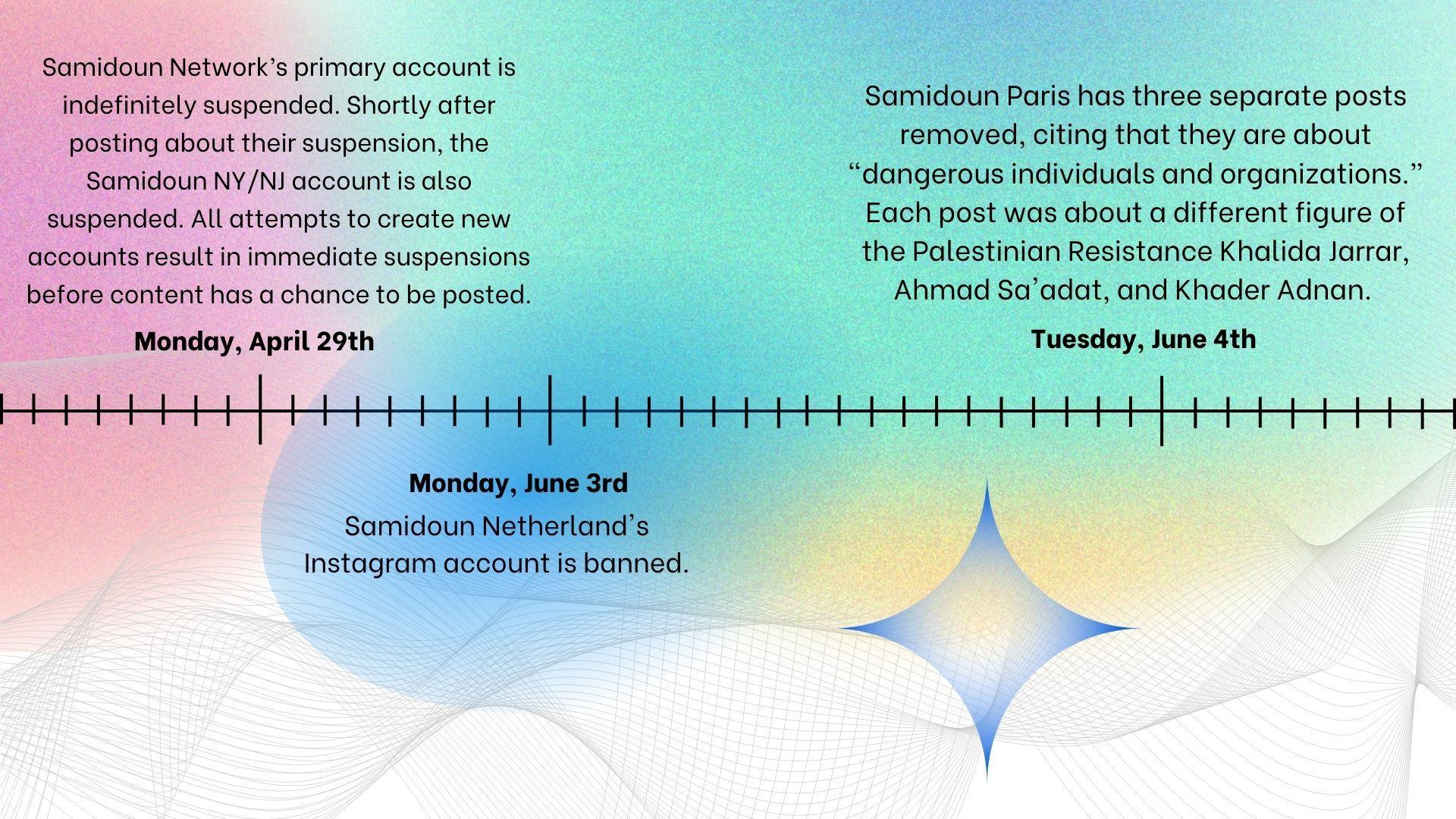
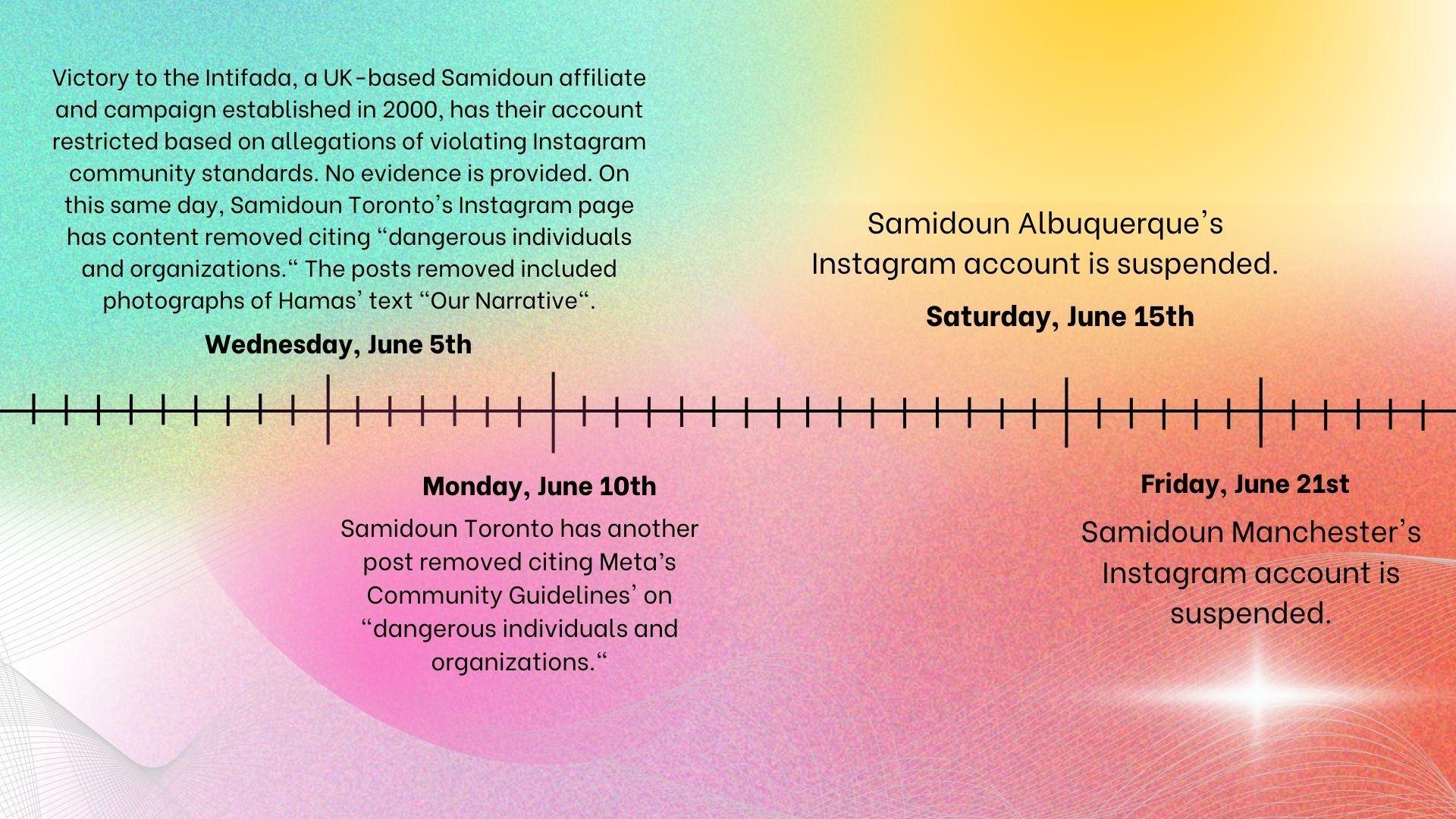
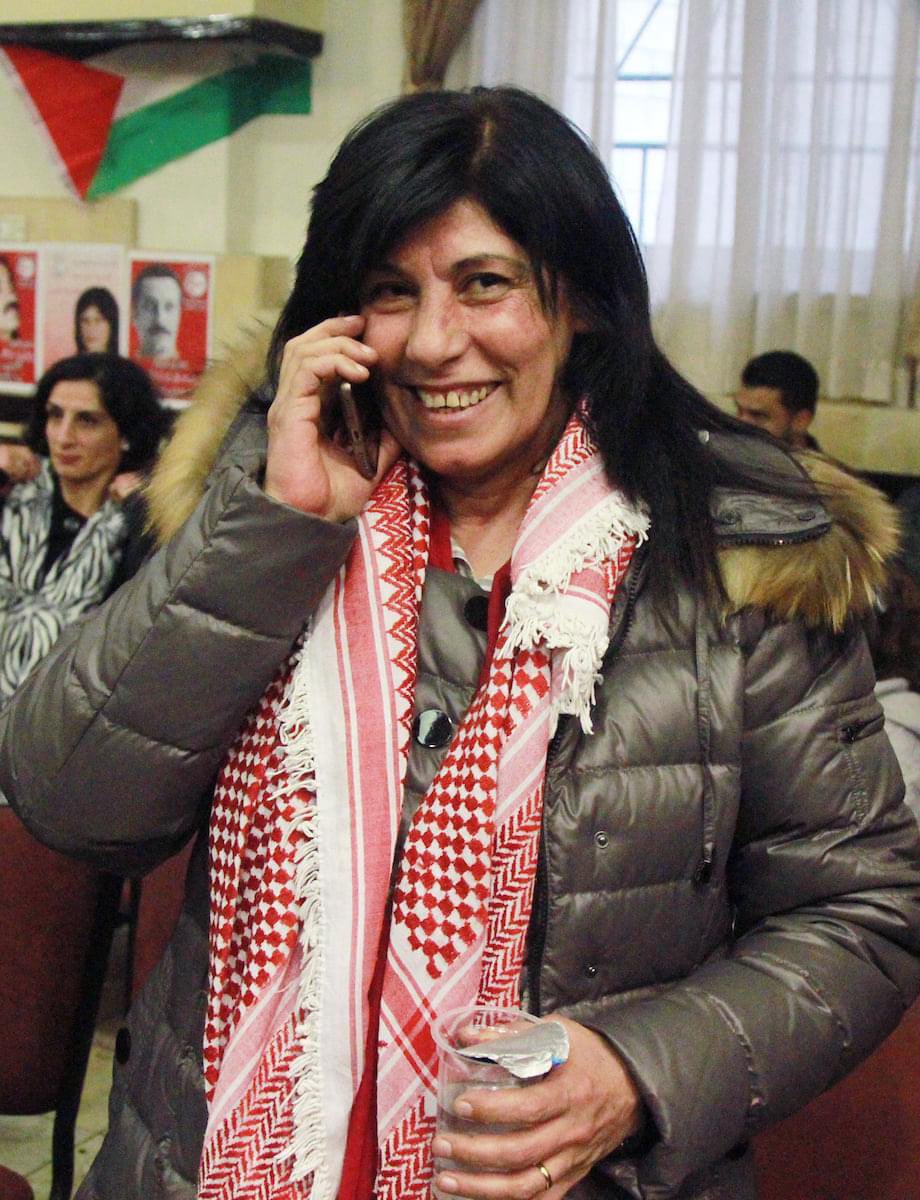
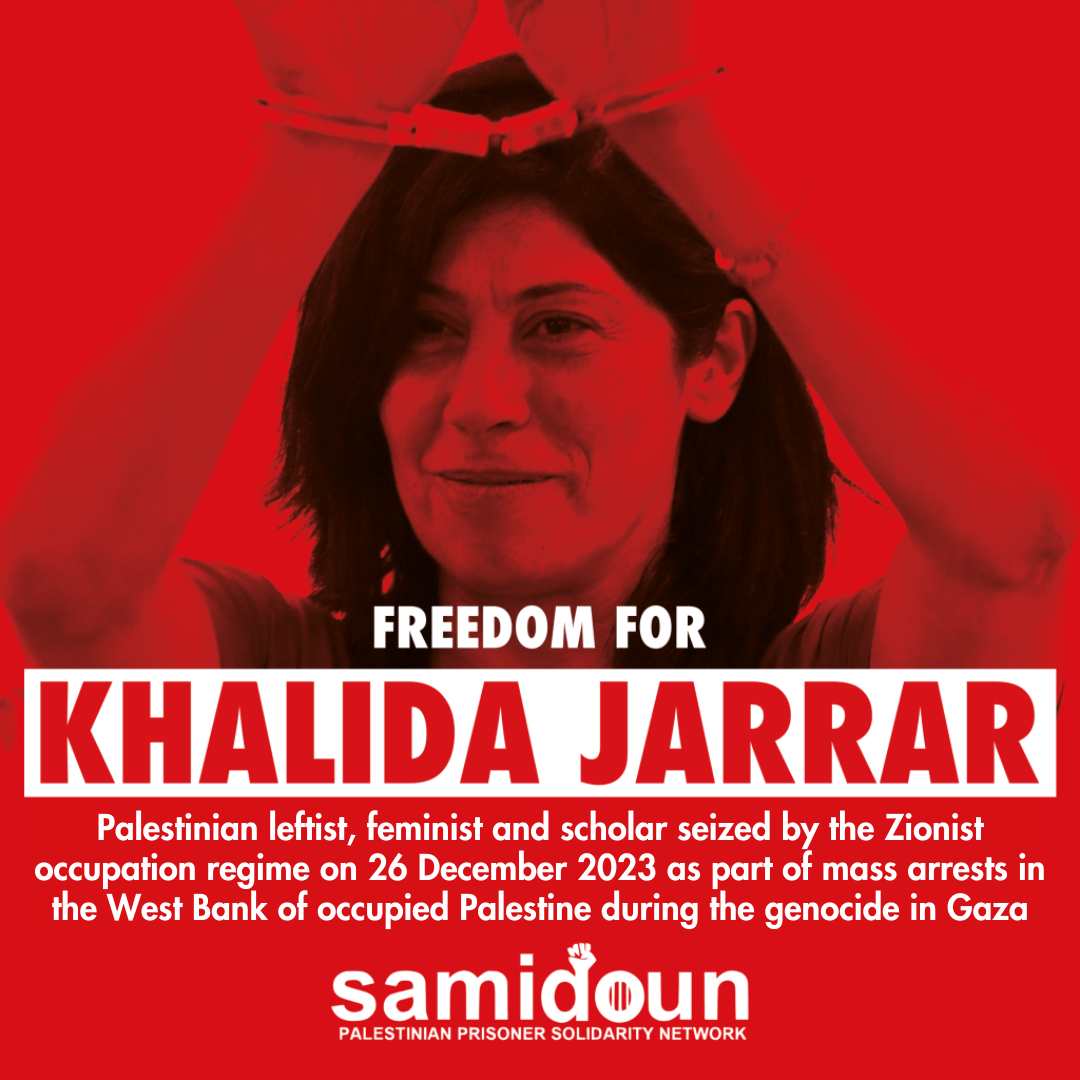
 Samidoun Brazil and the international Samidoun Palestinian Prisoner Solidarity Network express our strongest solidarity with Muslim Abuumar and his family, a Palestinian family deported from Sao Paulo airport to Malaysia on Sunday, June 23. We denounce the family’s deportation and warn that it serves as a dangerous example of the undermining of Brazil’s national sovereignty and self-determination, alongside the rights of the Palestinian people, by the Zionist regime and the United States, which have targeted Muslim Abuumar because he publicly advocates for the Palestinian people, their rights and their liberation.
Samidoun Brazil and the international Samidoun Palestinian Prisoner Solidarity Network express our strongest solidarity with Muslim Abuumar and his family, a Palestinian family deported from Sao Paulo airport to Malaysia on Sunday, June 23. We denounce the family’s deportation and warn that it serves as a dangerous example of the undermining of Brazil’s national sovereignty and self-determination, alongside the rights of the Palestinian people, by the Zionist regime and the United States, which have targeted Muslim Abuumar because he publicly advocates for the Palestinian people, their rights and their liberation. 